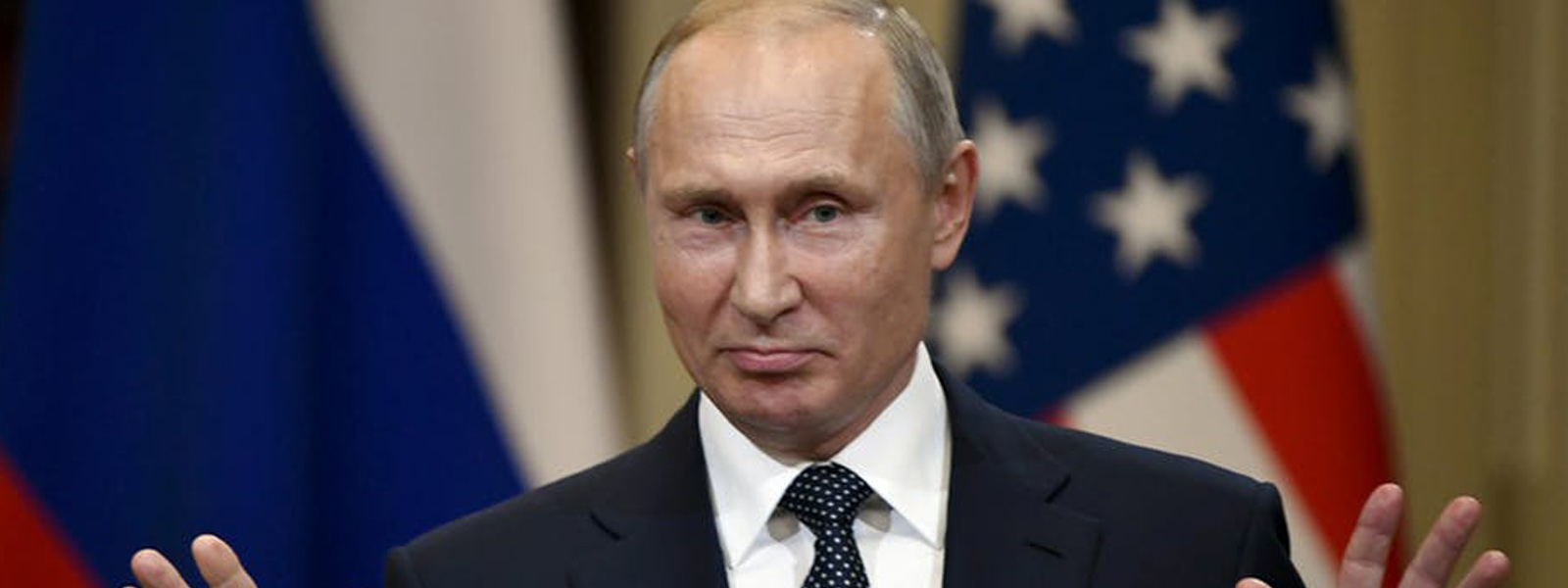.webp)

Explaining Putin: The World War 2 roots of today's Russo-Ukraine conflict.
The purpose of this article is to fully examine the roots and emotional motivations of Putin's cataclysmic decision to invade Ukraine. Whilst there is little to no justification for the declaration of a military conflict or the invasion of foreign territory, there is nostalgia and extreme patriotism driving Putin's decision to annex Ukraine and the Crimea. It all boils down to the fractured post World War II relations between the East and West.
In an address to the Kremlin on the 21st of February 2022, Putin outlined the historical motives of his declaration of war on the Ukraine and elucidated where his grievances for the Russian nation stem from. From the creation of the Soviet Union in 1917, Ukraine has been a very complicated territory; it was a collection of states belonging to Poland, Lithuania and the Soviet Union at different intervals in their history. This made Putin portray the land as not being a fully consolidated state. Ukraine only gained independence in 1991 with the collapse of the Soviet Union.
A point raised by Putin was Ukraine's fascist past. Given Ukraine's history during World War 2, Putin deemed the state a fascist state, harking back to Ukraine's collaboration with Nazi Germany. Most minor states in the Soviet Union opposed Stalinist rule and oppression and chose to ally with the enemy (Hitler) during WWII, in a bid to challenge Stalin's rule.
Putin further added that a substantial percentage of the Ukrainian population was of Russian heritage and therefore, it was the country's historical destiny to return to being a part of the Russian Federation. In the 1980sand 90s, Putin was an ardently nationalistic KGB agent and the collapse of the Soviet Union devastated him and psychologically altered his perspective of the world. In his perennial presidency, Putin constantly harks back to the former Soviet Union in the years immediately after the second world war when the USSR was at the height of its glory. It incenses Putin to know that nations from the former Soviet Union are making claims of indepedence and this drives his unrealistic dream of re-creating another Soviet Union.
There is also eastern hostility following the end of the second world war where Russia feels the west has dominated the narrative of victory over the Nazis and downplayed the contributions of Stalin and the Soviet Union to Allied victory in World War 2. He expresses sentiments of national victimhood. This animosity towards the west is further heightened with NATO
expansion in the east. Following the end of World War 2, the US implemented the Marshall Plan; which provided massive financial aid packages for the post-war rehabilitation of western Europe. This was also a tactful effort to contain the spread of communism by the USSR. Why was there no aid for the east? Russia felt that its casualties and war related disasters went completely unnoticed. There was however, an opportunity in the 1990s with the dissolution of the USSR, for the West to provide aid to the fallen Soviet Union, but nobody in the west took that opportunity; it was an opportunity to welcome the new democratic Russian federation into the western fold and not make an enemy out of them.
Despite all this today's crisis, a humanitarian crisis, should not be condoned.
Other Articles
Featured News





.png )
-797954_550x300.png)


-797936_550x300.jpg)

-793492-797918_550x300.jpg)





-797273_550x300.jpg)


















.gif)